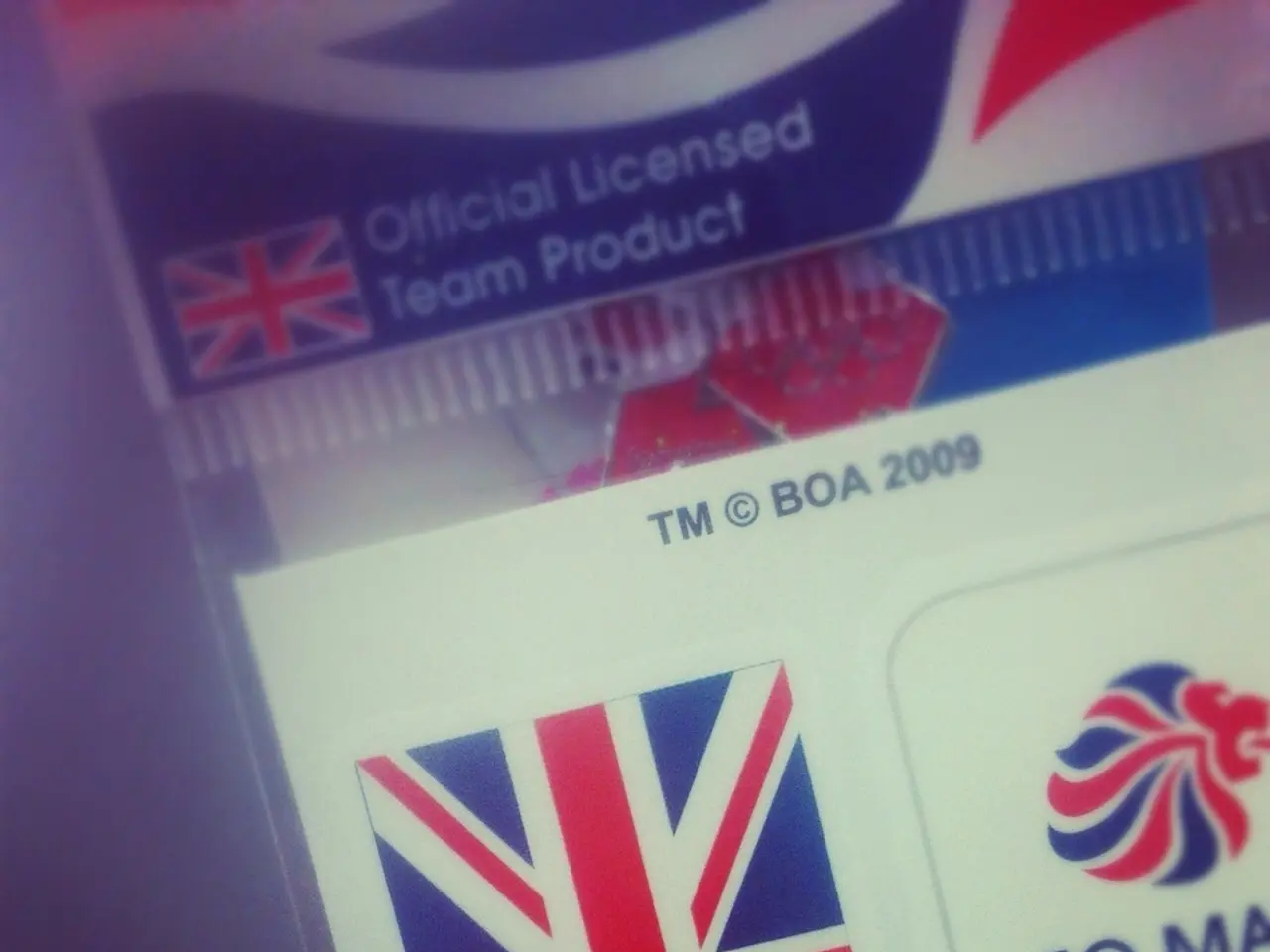Ireland assigns fifteen regulatory bodies to ensure businesses adhere to the AI Act regulations
In a recent development, former Italian Prime Minister Mario Draghi has called for a pause in the implementation of the AI Act, citing potential drawbacks and a lack of technical standards. The AI Act, which regulates AI systems according to the risk they pose to society, came into force in 2024 but will apply gradually.
On the same day as Draghi's call, the European Commission opened a public consultation into its digital simplification package, which includes the AI Act. This package aims to bring relief for businesses and is set to be released in December.
As of 2 August, providers of AI systems will face scrutiny. National governments had until this date to notify the European Commission about which market surveillance authorities they appoint to oversee businesses' compliance with the rules. By this deadline, certain EU member states had already designated a single point of contact for monitoring compliance with AI laws, but the specific countries are not listed in the available search results.
Ireland is among the few EU member states ready to enforce the AI rules by designating several competent authorities. The Central Bank, Coimisiún na Meána, Data Protection Commission, Competition and Consumer Protection Commission, and the Health and Safety Authority are among the designated authorities in Ireland. In addition, a National AI Office will be established to serve as the central coordinating authority for the AI Act.
To ensure effective communication and collaboration, in case of multiple market surveillance authorities, governments must designate a single point of contact to serve as the principal liaison with the public, other EU countries, and EU-level counterparts. As of now, countries such as Cyprus, Ireland, Latvia, Lithuania, Luxembourg, Slovenia, and Spain have established a single point of contact.
However, it's important to note that the European Commission has not yet published a list of designated authorities in all member states. This means that the full scope of the AI Act's enforcement across Europe is still emerging.
As the AI Act's implementation progresses, it's clear that Europe is taking a proactive approach to regulating AI systems and ensuring they pose no harm to society. The establishment of National AI Offices and the designation of competent authorities in various countries are significant steps towards achieving this goal. The public consultation on the digital simplification package provides an opportunity for further input and refinement of these regulations.
Read also:
- AI-Generated Humor Spreads on Gemini Nano Banana: Light-hearted Modifications Spark Concerns over User Privacy
- China is, unlike the United States, embracing technological progress rather than attempting to restrict it.
- Social media spat between Elon Musk and Sam Altman features their confrontation; discord revolving around business rivalry in relation to Apple
- Video game franchise F1® debuts its 25th installment today in early access, boasting state-of-the-art graphics technology with Path Tracing, next-gen AI-powered DLSS 4 with Multi Frame Generation, and DLSS Ray Reconstruction.







